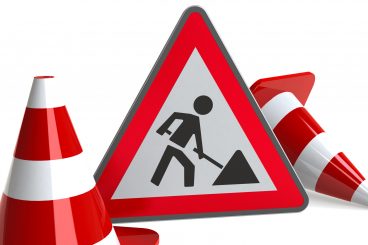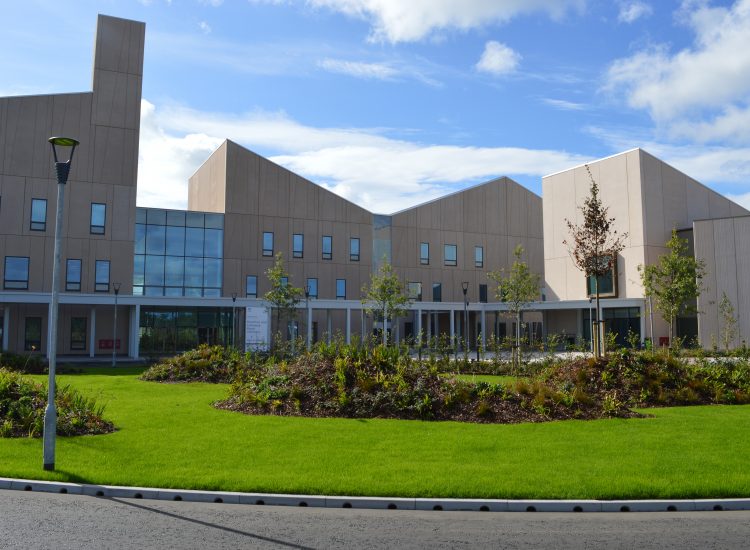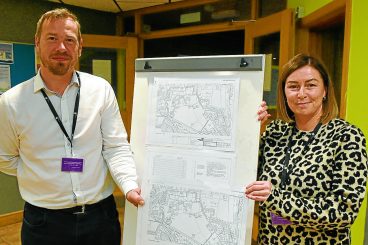In addition to concerns from a local MSP, children’s charity Barnardo’s are voicing their fears over the impact of Conservative Government moves to remove £12 billion from the welfare bill.
Highlighting the figures, Labour MSP Elaine Murray said: “During the general election the Prime Minister promised the ‘good life’ for families but now he plans to cut vital support for families across the UK.
“With thousands of families in Scotland struggling from week-to-week, the last people the Chancellor should be targeting are low income families.”
She added: “Recently new information has shown that over 200,000 children in Scotland are living in poverty. The Tory Government’s actions will increase that number.
“No amount of redefining child poverty will change the financial circumstances those families face.”
Figures show that more than half of children in nine local authorities in Scotland live in families in receipt of tax credits.
And more than 52 per cent of children in Dumfries and Galloway are reliant on the benefit.
Head of Policy for Barnardo’s Scotland Mark Ballard said: “The UK Government has promised to improve support for working families so that parents do not have to choose between feeding their families and heating their homes.
“Unfortunately, the reality is increasing numbers of working parents are struggling to stay above the breadline, and any proposed cuts to the benefits they rely on will only make things worse.”
He added: “Low paid parents with dependent children rely on tax credits to make up the difference between what they earn and what they need to get by.”
In response, the UK Government notes that employment in Scotland has increased by 53,000 over the past year and unemployment has fallen by 19,000.
And they say that children in workless families are around three times as likely to be in poverty than those in working families.
A spokesman said: “In Scotland as across the rest of the UK the proportion of individuals and children in relative poverty are at their lowest levels since the 1980s.
“We know that work is the best route out of poverty, that’s why, as part of our long-term economic plan, our reforms to the welfare system are focused on making work pay, while our reforms to the tax system are allowing people to keep more of what they earn.”
Child fears over tax credit changes

UP to 17,100 children in the region could be at risk from cuts to tax credits — according to figures described as 'shocking'.























